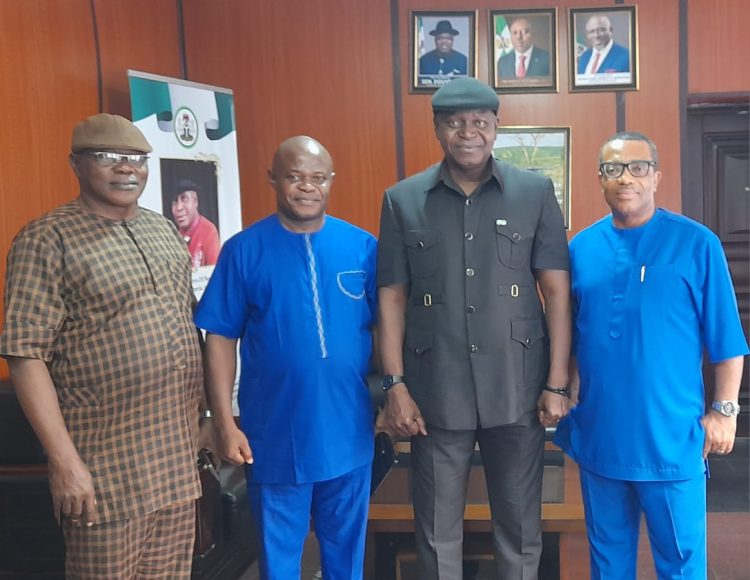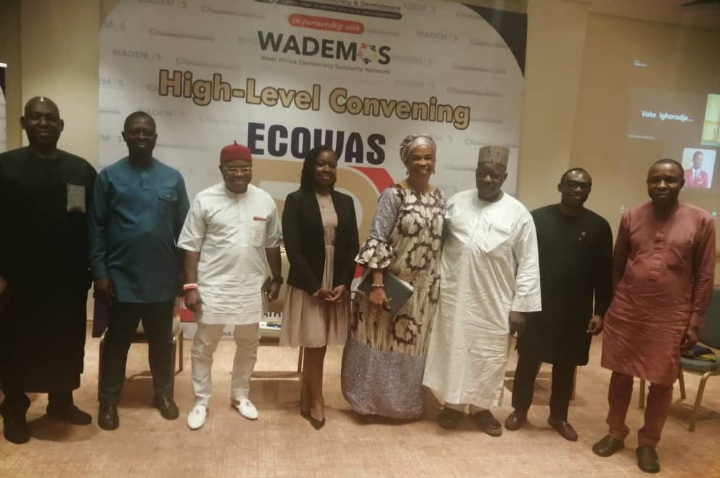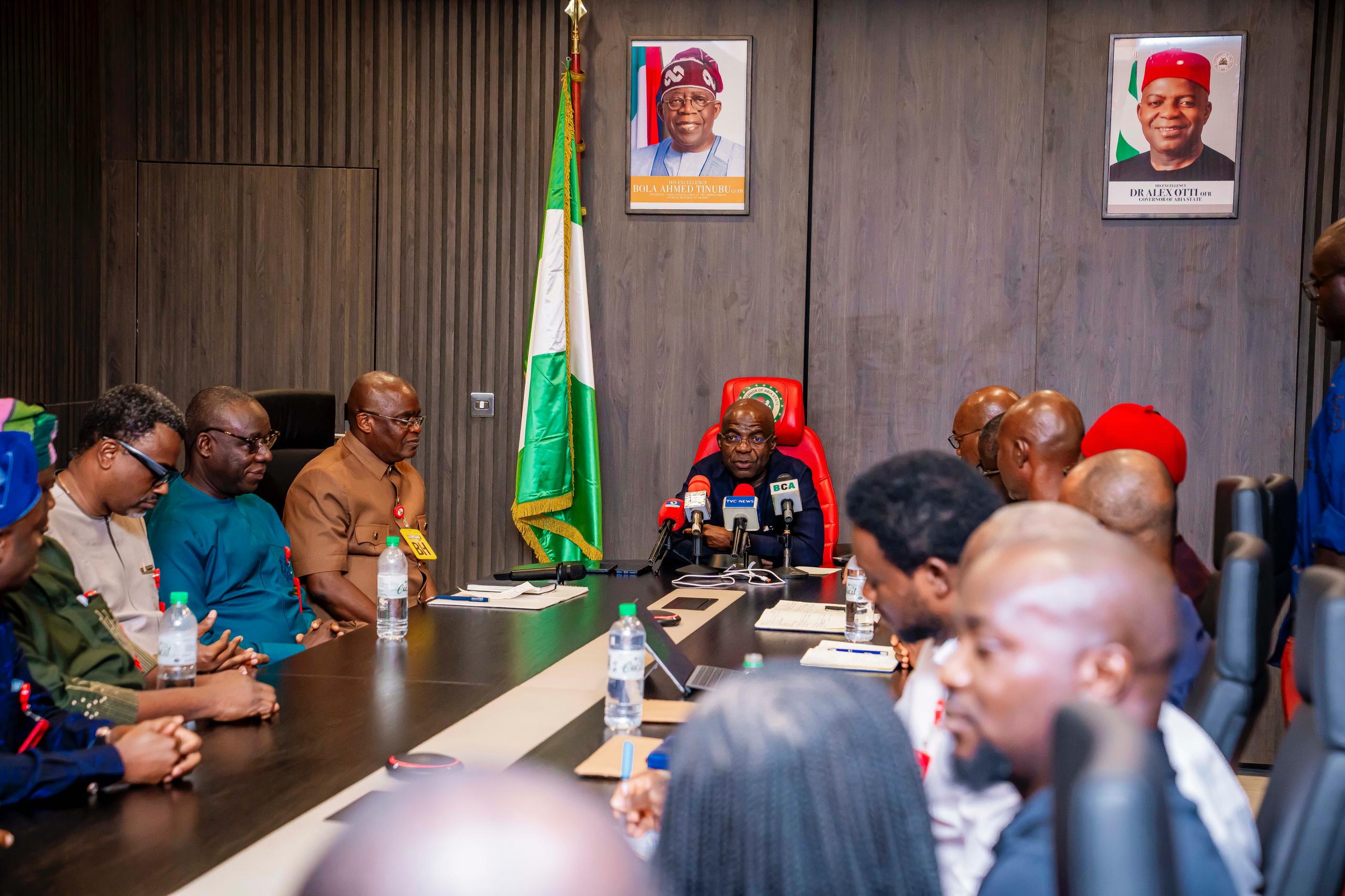By: Goodluck E. Adubazi, Abuja.
As ECOWAS celebrates 50 years, questions arise amid the turbulent developments across West Africa.
Responding to journalists, Mr. Aigbe Austin, Regional Officer of WADEMOS, said: “We have been witnessing a resurgence of coups in Africa and democratic backsliding—even in Nigeria, where the President, who also chairs ECOWAS, presides over a nation facing its own democratic challenges. According to Austin, ‘There is a significant level of democratic backsliding in Nigeria. If Nigeria, the chair of ECOWAS, is experiencing this, what does that mean for other African states?’”
Standard-Times Nigeria correspondent reports that Mr. Aigbe Austin emphasized: “We must continue with the ideology of ECOWAS as it was conceived. What we need is reform. Disintegration is not an option due to the immense benefits the union provides. For instance, West African citizens can travel across the region with just a travel certificate instead of an international passport. That’s a major advantage ECOWAS brings to the table.”
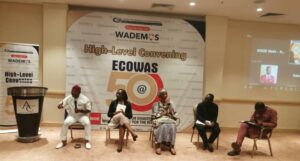
However, Mr. Aigbe noted: “With the exit of several countries, that benefit is diminishing.”
He questioned how nations like Guinea Conakry and Guinea Bissau—already drifting into dictatorship—can be brought back on track.
“Togo remains uncertain,” he added. “Apart from Anglophone countries like Sierra Leone, Ghana, and Nigeria, most of the region is in a fix. Benin Republic is heading towards an election, and Côte d’Ivoire is approaching a full presidential term. In Africa, only Anglophone countries seem to abide by two-term limits. Francophone countries often extend their tenure by altering their constitutions, which triggers coups.”
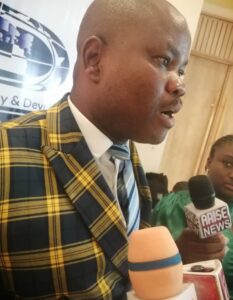
“If we condemn military coups, should we not also condemn civilian coups?” Mr. Aigbe stressed.
He advocated for proper reform, stating: “ECOWAS must become a stronger institution. It is the pride of Africa. Right now, it’s backsliding, and we must not let democratic decline in West Africa affect ECOWAS as an institution.”
“ECOWAS must promote good governance. A key takeaway is that we need to be active citizens, understand what ECOWAS stands for, and push for a people-focused ECOWAS, not one dominated by self-perpetuating leaders.”
Mrs. Ene Obi, former Country Director of ActionAid, echoed Mr. Aigbe’s sentiments, stressing the importance of reform and unity. She emphasized the need for ECOWAS to uphold principles like transparency and accountability. “Where there are coups, there’s often widespread suppression. In such cases, citizens look for ways to express their power and voice their concerns,” she said.
Further, she stated: “It’s not about disintegration, but about greater unity.”
The ECOWAS High-Level Convening, themed “Reform or Disintegrate: Which Pathway for the Regional Bloc?”, was held on Wednesday, April 16, 2025. It was organized by the Centre for Democracy and Development (CDD) in partnership with the West Africa Democracy Solidarity Network (WADEMOS). Dr. Dauda Garuba, Director of CDD, delivered the welcome address, while Mr. Paul Osei Kuffour, Project Coordinator of WADEMOS, gave the opening remarks. Goodwill messages were delivered by CDD West Africa and WADEMOS partners and network members. The keynote address was delivered by Prof. Jibril Ibrahim, Senior Officer at CDD.
At the close of the event, stakeholders agreed that the future of ECOWAS lies in both political and economic integration—an ECOWAS that serves the people and not just the leaders. They envisioned an interest-driven ECOWAS that reimagines itself with resilience, deepens trade across the region, develops people-focused policies, and safeguards democracy. An ECOWAS that uses the threat of disintegration as leverage to negotiate necessary reforms.




